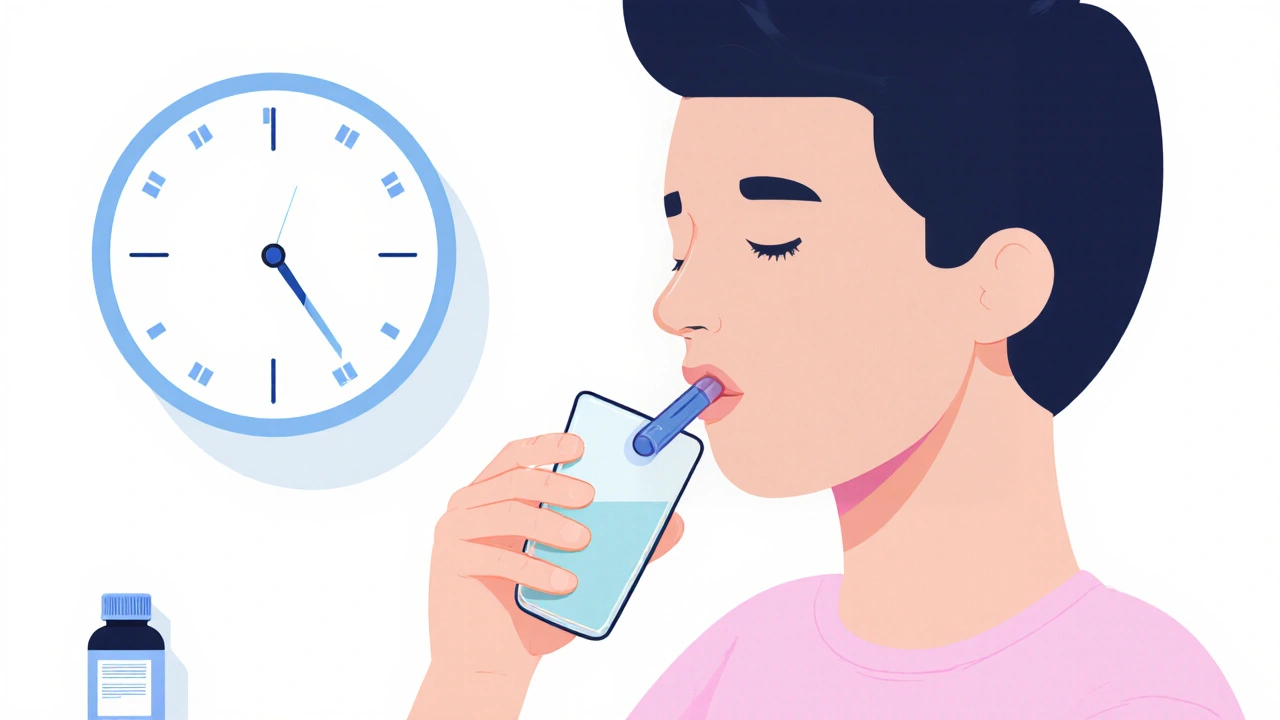Levothyroxine: What It Is, How It Works, and What Alternatives Exist
When your thyroid doesn’t make enough hormone, your body slows down—fatigue sets in, weight creeps up, and even simple tasks feel exhausting. That’s where levothyroxine, a synthetic version of the thyroid hormone thyroxine (T4) used to replace what your body can’t produce. Also known as synthetic T4, it’s the most prescribed medication for hypothyroidism, a condition where the thyroid gland fails to produce adequate hormones. Millions rely on it daily, and for good reason: it’s precise, stable, and backed by decades of clinical use.
But levothyroxine isn’t the only option. Some people switch to natural desiccated thyroid, a medication made from dried pig thyroid glands that contains both T4 and T3 hormones, believing it feels more natural. Others wonder if generic versions are just as good as brand names like Synthroid or Levoxyl. The truth? FDA says they’re therapeutically equivalent—but your body might disagree. Small differences in fillers or absorption can cause symptoms to return. That’s why many patients track their labs closely and stick with one brand or generic. And if levothyroxine doesn’t work? Doctors sometimes add liothyronine, a synthetic form of T3, the more active thyroid hormone to the mix, though this is less common and requires careful monitoring.
Levothyroxine isn’t a quick fix. It takes weeks to find the right dose, and even then, factors like timing, food, and other meds can throw it off. Coffee, calcium, iron, and even soy can block absorption if taken too close together. That’s why most doctors tell you to take it on an empty stomach, 30 to 60 minutes before breakfast. And while it’s generally safe, too much can lead to heart palpitations, bone loss, or anxiety—so regular blood tests are non-negotiable.
Below, you’ll find real comparisons between levothyroxine and other thyroid treatments, breakdowns of generic vs. brand-name differences, and insights into how people manage side effects, dosing, and long-term use. No fluff. Just clear, practical info from people who’ve been there.
- November 1, 2025
- Comments 15
- Medications and Supplements

